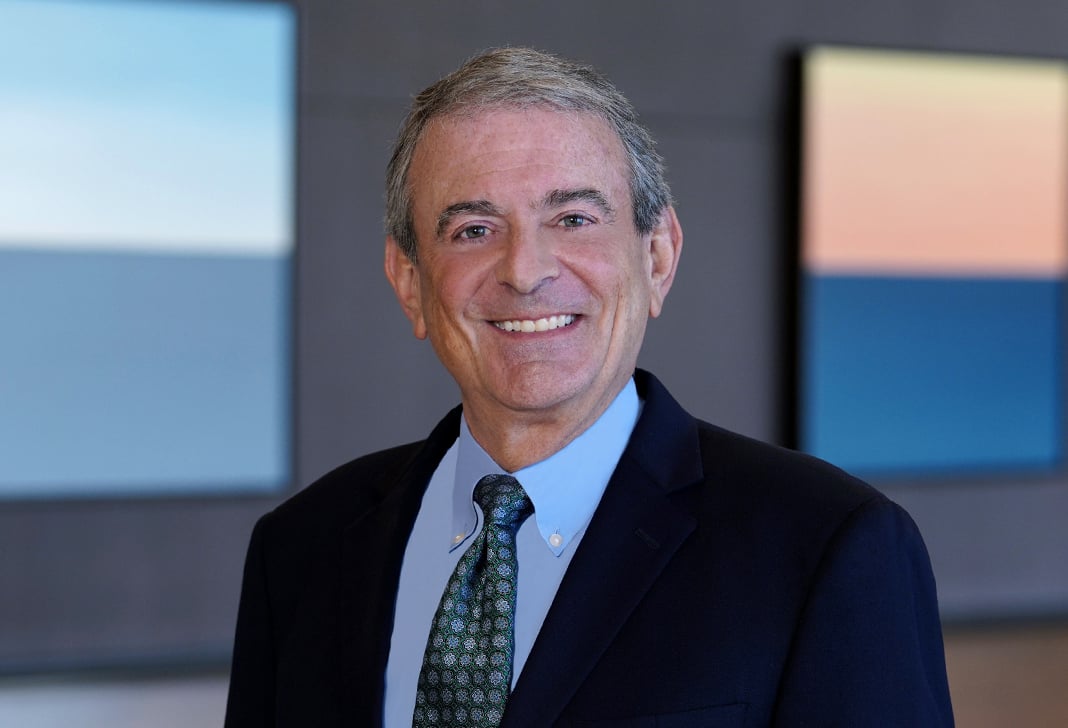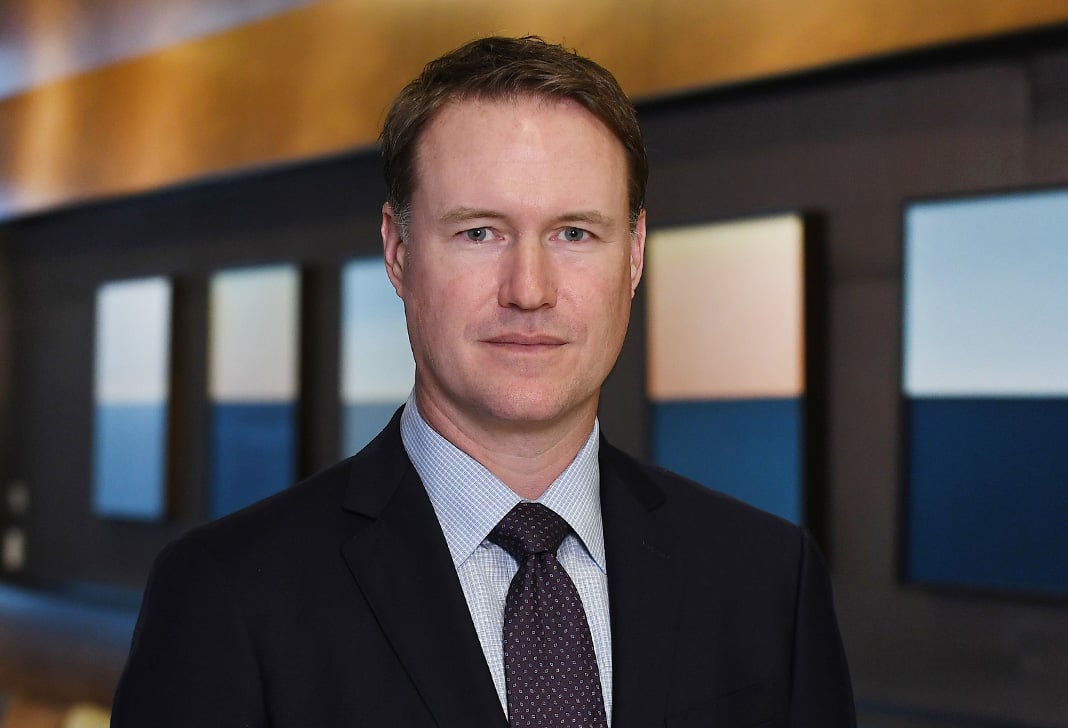Antitrust Alert: California Supreme Court Expands Class Actions under Unfair Competition Law
The Court's decision is in many ways an unwelcome return to the pre-Proposition 64 days. Prior to November 2004, California's unfair competition law ("UCL"), Bus. & Prof. Code § 17200 et seq., permitted plaintiffs who had no injury to file suit and recover on behalf of the general public. The UCL did not require plaintiffs to show that they, or anyone else, had been injured by the conduct at issue. Instead, plaintiffs needed only to show that defendants' conduct was likely to cause harm. The representative action did not even require the named plaintiffs to show their claims were typical of the class. It was in essence a class action without class certification protections. Some argued that the lax liability elements of the UCL were balanced by limited remedy provisions, which permitted equitable and injunctive relief but not damages. But for companies threatened with huge monetary restitution and attorneys fees to prevailing (uninjured) plaintiffs, it was of little consequence how the courts characterized the money going out the door.
Proposition 64
As a result of a myriad of shake-down lawsuits, in November 2004 California voters passed Proposition 64. The intent of Proposition 64 was to eliminate frivolous lawsuits by individuals who had not been injured. Proposition 64 achieved this purpose by revising the UCL to limit standing to individuals who suffered "injury in fact." Standing was further limited to those who "lost money or property as a result of" the challenged conduct. Additionally, Proposition 64 revised the UCL to require that any representative action brought by a private citizen comply with rules governing traditional class actions.
Application of Proposition 64 raised a host of legal issues. Among them, Proposition 64 did not explicitly state whether, in bringing a UCL class action, it was sufficient that the class representatives alone satisfied the standing requirements of Proposition 64, or if in addition all unnamed or "absent" class members also had to satisfy these standing requirements (most appellate courts had concluded that a putative class could only include individuals who were actually injured). Additionally, trial and appellate courts came to different conclusions on the meaning and application of Proposition 64's requirement that plaintiffs show their injury was "as a result of" of defendants' conduct. The California Supreme Court addressed these two issues in In re Tobacco II Cases.
Factual Background of In re Tobacco II Cases
In 1997, plaintiffs filed suit against various tobacco companies in a representative capacity on behalf of California smokers "who were exposed to defendant tobacco companies' ‘marketing and advertising activities in California,'" to recover economic losses resulting from purchasing cigarettes. In re Tobacco II Cases, 47 Cal. Rptr. 3d 917, 919 (2006). In 2001, the trial court certified a class of "those people who are residents of California and who, while residents of California, smoked one or more cigarettes during the applicable class period."
Proposition 64 took effect while In re Tobacco II Cases was pending. The defendants moved to decertify the class, arguing that the stricter standing requirements of Proposition 64 applied to every class member. The trial court agreed and granted defendants' motion for decertification. It held that after Proposition 64, an individual showing of injury-in-fact and causation was required as to each class member.
Plaintiffs appealed. The Court of Appeal affirmed; rejecting plaintiffs' argument that Proposition 64's standing requirements do not apply to absent class members.
California Supreme Court Decision
The California Supreme Court granted review to address two issues:
(1) In order to bring a class action under Unfair Competition Law (Bus. & Prof. Code, § 17200 et seq.), as amended by Proposition 64 (Gen. Elec. (Nov. 2, 2004)), must every member of the proposed class have suffered "injury in fact," or is it sufficient that the class representative comply with that requirement?
(2) In a class action based on a manufacturer's alleged misrepresentation of a product, must every member of the class have actually relied on the manufacturer's representations?
The Supreme Court split 4-3 on the class certification issue. The majority held that, in a class action under the UCL, Proposition 64's standing requirements are applicable only to the class representative, and not absent class members. On the issue of causation, the court unanimously held that the class representative must demonstrate actual reliance on the allegedly deceptive or misleading statements. Accordingly, the Supreme Court reversed the order granting the defendants' decertification motion and remanded for further proceedings.
Writing for the majority, Justice Moreno parsed post-Proposition 64 Section 17203, noting that "the references in section 17203 to one who wishes to pursue UCL claims on behalf of others are in the singular; that is, the ‘person' and the ‘claimant' who pursues such claims must meet the standing requirements of section 17204 and comply with Code of Civil Procedure section 382." Consequently, Justice Moreno concluded "that only this individual – the representative plaintiff – is required to meet the standing requirements." Furthermore, Justice Moreno found support in Proposition 64's Declarations of Purpose, which sought to prohibit "private attorneys from filing lawsuits for unfair-competition where they have no client who has been injured in fact." Justice Moreno found that a lawsuit in which the class representative had standing was not one in which plaintiffs' lawyers have "no client" who has been injured.
Under this reasoning, companies can expect to see plaintiffs' attorneys trolling for a plaintiff with actual injury, in an attempt to construct a large class of absent plaintiffs without regard to whether any of the absent members were injured. If courts permit these types of suits, California will have returned to a world in which plaintiffs can bring a representative action on behalf of thousands of people who might not have suffered any actual injury.
Moreover, as the dissent pointed out, maintenance of a class suit traditionally requires, among other things, proof that the class representatives' claims are "typical" of the class. If the named plaintiff alone, and not the class members, suffered injury, then by definition his claim would not be typical. The dissent also pointed out that traditionally courts have held that every member of a class must have standing to pursue claims in his or her own right, and that the rule has long been that class action procedures cannot be used to alter substantive rights. But altering substantive UCL law is precisely what the majority opinion does – it allows a group of individuals who would have no right to pursue their respective claims individually (because they lack standing) to pool their claims and, with the help of one injured "representative" plaintiff, to create standing where none previously existed.
On the issue of causation, the court unanimously concluded that the language "as a result of" imposes an actual reliance requirement under the UCL's fraud prong. Justice Moreno provided a framework for pleading actual reliance: the plaintiff must allege that the defendant's misrepresentations were an immediate cause, but need not show they were the sole cause or even the decisive cause of plaintiffs' injury. The allegation of reliance is not defeated where there is alternative information available to the consumer "even regarding an issue as prominent as whether cigarette smoking causes cancer."
The court found that the requirement of actual reliance was supported by "well-settled principles regarding the element of reliance in ordinary fraud actions." Like common law fraud, which requires a showing of actual reliance on the alleged misrepresentation, actions based on the fraud prong of the UCL also require such reliance. However, the Court took pains to note that the reliance question before it was limited to the fraud prong of a UCL claim. This leaves unsettled how courts will apply causation requirements under the unfair and unlawful prongs of the UCL.
Regrettably, the Supreme Court's decision likely will reinvigorate the use of Section 17200 as a tool by which plaintiffs attempt to extract money from businesses. There had been a strong trend since the passage of Proposition 64 to reject putative class actions that seemed to involve little "real" injury to consumers. This new opinion will reverse that trend and leave California businesses exposed to more costly litigation.
Lawyer Contacts
For more information, please contact your principal Jones Day representative or either of the lawyers listed below.
Jeffrey LeVee
Silicon Valley650.687.4166
Los Angeles
213.243.2572Christopher Lovrien
Los Angeles
213.243.2316
Michael Tunick
Los Angeles
213.243.2360
Jones Day prepares summaries of significant antitrust enforcement, litigation, and policy events as a service to clients and interested readers, to provide timely insight on antitrust and competition law developments relevant to business, but not as legal advice on any specific matter. Please visit our Publication Request form to add your name to our distribution list.



